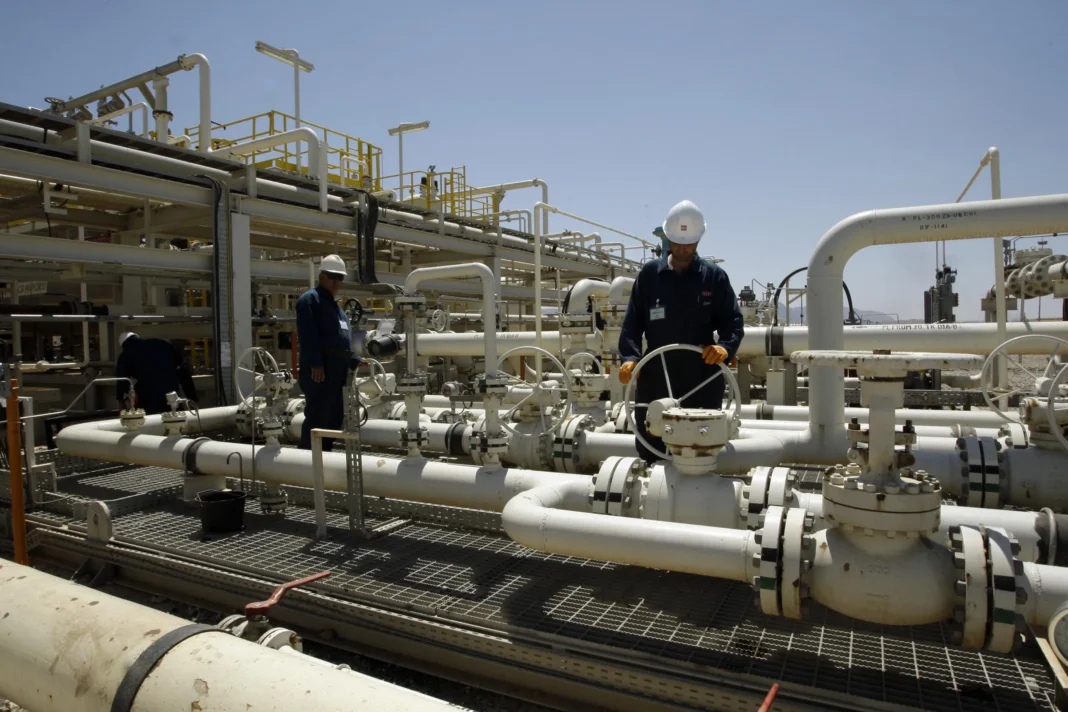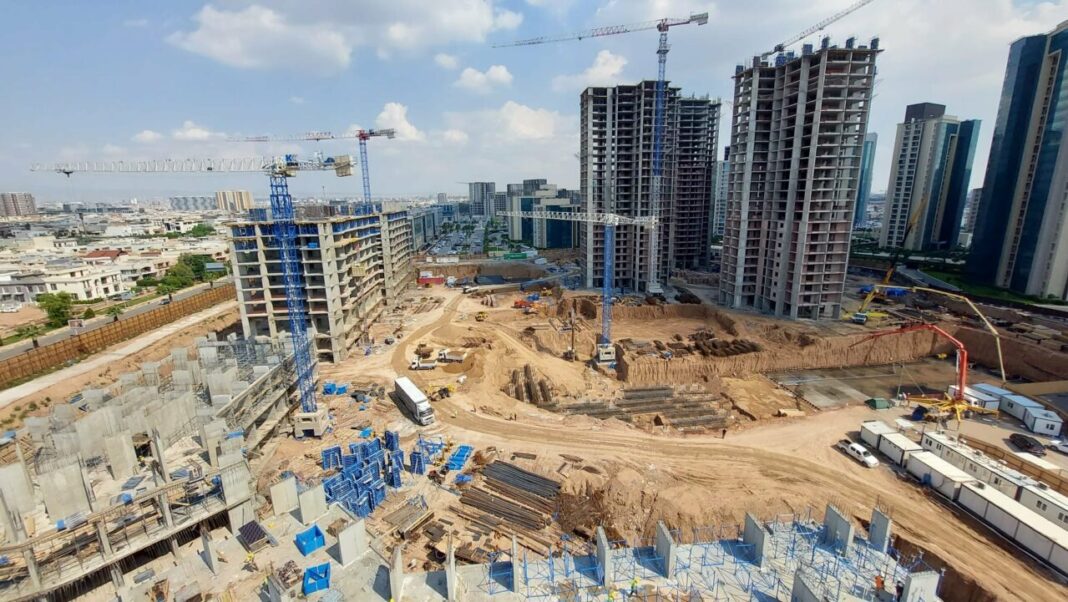Iraq oil production projects have entered a major new phase. Prime Minister Mohammed Shia al-Sudani announced 19 major projects to boost oil and gas output.
These new initiatives come after the successful completion of 14 key energy projects across Iraq. The Ministry of Oil now aims to speed up development in refineries, gas facilities, and major oil fields.
Al-Sudani highlighted the need for strict monitoring of all energy-related work. He urged officials to solve problems quickly and submit detailed progress reports. To ensure steady advancement, he called for the formation of specialized committees.
The most impactful completed projects include the development of the Al-Faihaa oil field, new pipeline networks in Baghdad, and the installation of gas compressors in the East Baghdad fields. Additionally, Iraq finalized the second phase of the Artawi oil complex and completed the Halfaya gas processing facility.
Other completed efforts feature the rehabilitation of the northern refinery and the isomerization unit installation at Basra refinery. These upgrades improve Iraq’s refining capacity and help reduce dependence on imports.
According to Oil Ministry Undersecretary Ali Maaraj, Iraq oil production projects will raise output to seven million barrels per day within five years. This ambitious goal focuses on meeting both local and global energy demands.
Maaraj also revealed that the ministry plans to eliminate gas flaring completely. Ending imports of oil derivatives is another top priority. These targets are part of a broader national strategy to achieve full energy independence.
Deputy Minister Basim Khudair confirmed that plans are in place to hit six million barrels per day as an interim target. He also stressed the importance of gas production to support power stations and industrial development.
Between 2005 and 2019, Iraq’s oil output steadily rose, peaking at 4.78 million barrels per day. However, production has declined in recent years, prompting aggressive recovery plans.
Now, Iraq oil production projects are driving a new wave of development. With strategic leadership and long-term goals, Iraq hopes to reclaim its position among the top global energy suppliers.
If these projects succeed, Iraq may become both self-sufficient and a stronger regional energy power.



